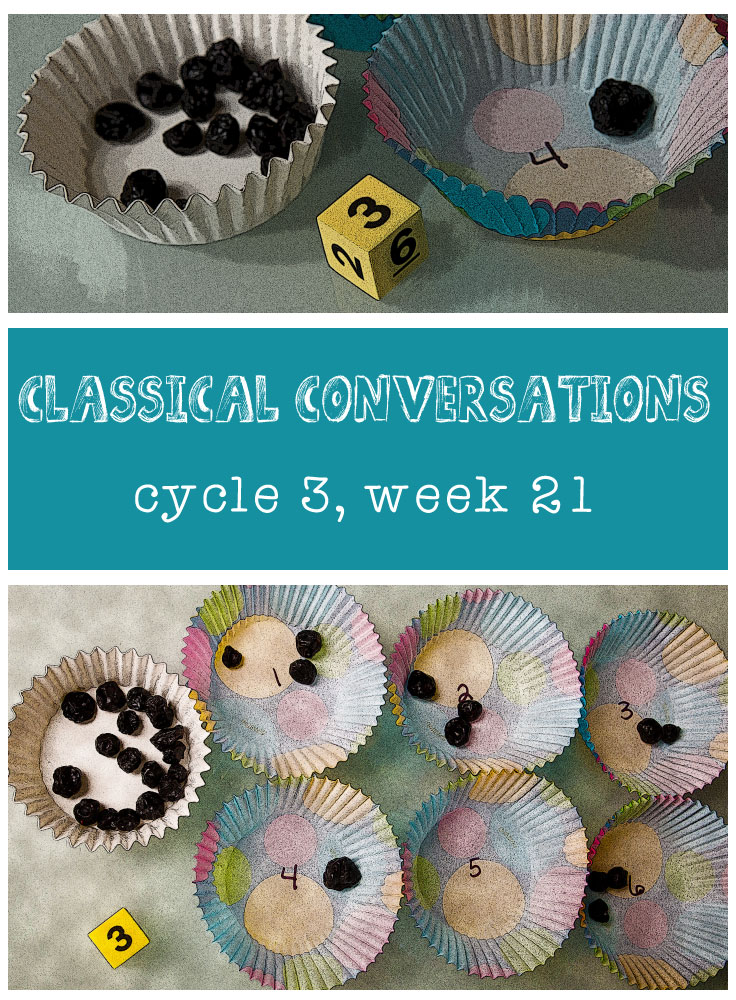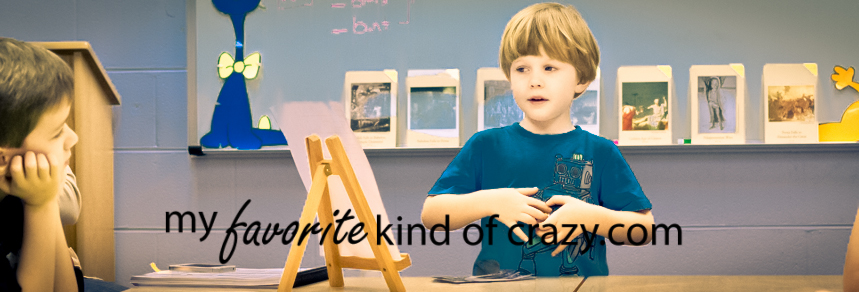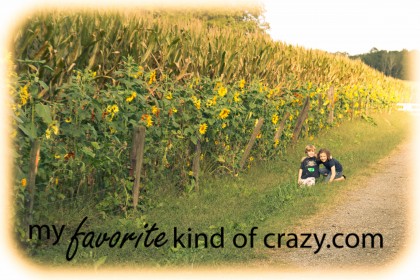
Classical Conversations Cycle 3 Week 21 Events
I've posted my lab sheet for this lab on CC Connected (user name lb_oliver). My thoughts here will dovetail with that approach. You can also see my suggestions for ways to expand on this topic in my post here.
This post is going to be short and sweet, but don’t panic, because the concepts in this lab are largely a review of the concepts from Week 19. So, if you need a quick refresher on those, go here for my first post about probability.
This week, here’s my take on the point of the lab for our Classical Conversations Foundations students:
- Grammar: Reinforce the grammar terms that they’ve heard in weeks past (Probability, Outcome, Combination), and introduce a new term – Event. Then, they get to see the terms Probability, Outcome and Event applied (Combination we’re leaving behind in the dust with week 20).
- Dialectic: Much like Week 19, this is an opportunity to teach our children about the “probability” that something (anything) could occur. The only real difference is that in this lab, we’re teaching children that sometimes when looking at a series of outcomes, we might be more interested in one group of outcomes than another. A group of outcomes that is of interest is referred to as an Event.
 I wanted to do something fun to make this lab a little more interesting, so we used paper muffin cups, marked 1 through 6 to represent our pancakes. Children worked in teams to roll the dice and they distributed dried blueberries (I bought a big bag at Costco) according to the rolls of their dice. The most confusing thing about this lab for most folks is understanding that you need to roll the die, then place one blueberry for each roll. The blueberry goes to the pancake whose number you rolled.
I wanted to do something fun to make this lab a little more interesting, so we used paper muffin cups, marked 1 through 6 to represent our pancakes. Children worked in teams to roll the dice and they distributed dried blueberries (I bought a big bag at Costco) according to the rolls of their dice. The most confusing thing about this lab for most folks is understanding that you need to roll the die, then place one blueberry for each roll. The blueberry goes to the pancake whose number you rolled.
I’m going to be honest with ya’ here. I’m a little scared of super-healthy-minded-homeschooling-moms. Sometimes, I join their ranks, so I get where they’re coming from. I don’t like to reward my kids with junk food all the time. And, I’m often thrilled that because we homeschool my children are much less exposed to all the junk food that seems to show up in most traditional school classrooms. So . . . I used dried blueberries.
On the other hand . . . this lab would be whole lot more fun with chocolate chips. I’m just saying.
I’m chicken. It doesn’t mean you have to be. And really, 30 chocolate chips split between two kiddos . . . it’s not much chocolate. Next time we do Cycle 3 . . . . maybe I’ll be braver.
I am updating my lab sheet out on CC Connected, so if you’re using those, go and look for the REVISED version. Even though this is my second time through this cycle and these labs, I’m still mastering the grammar myself! After more research and thinking through this blog post, I decided to make a couple of changes to make sure I was using the term Event properly.
For ADULTS/PARENTS– here’s an example of an event that’s of interest from a science-of-origins perspective:
There are 500 known naturally-occurring amino acids.* These acids are considered left-handed or right-handed depending on how their atoms are joined together. Of those 500, 20 bond together into proteins that are used by ALL living things on Earth.** ALL 20 of these amino acids used by living things are considered to be left-handed. No one knows why. To try and figure this out, scientist create amino acids in laboratories. When doing this, the “Event” that might interest us is the occurrence of left-handed aminos. If these were generated more often, or most often, it might be an indication of how ALL life on Earth “evolved” to rely on the same 20 left-handed amino acids. Instead, when scientists make amino acids in their laboratories, left-handed and right-handed outcomes are equally likely to occur.***
In Challenge A, Classical Conversations students read and discuss “It Couldn’t Just Happen.” According to this book (p.70) there is no chance at all that even one protein with all left-handed amino acids could ever have “just happened” to come into existence.
*http://onlinelibrary.wiley.com/doi/10.1002/anie.198308161/abstract
**http://www.scienceclarified.com/Al-As/Amino-Acid.html
***http://www.newscientist.com/article/mg19025545.200-righthanded-amino-acids-were-left-behind.html



One Comment
Heather@cultivatedbygrace
Thanks so much for posting this! I used this idea with the chocolate chips in my Apprentice class this week and it worked wonderfully! Blessings!